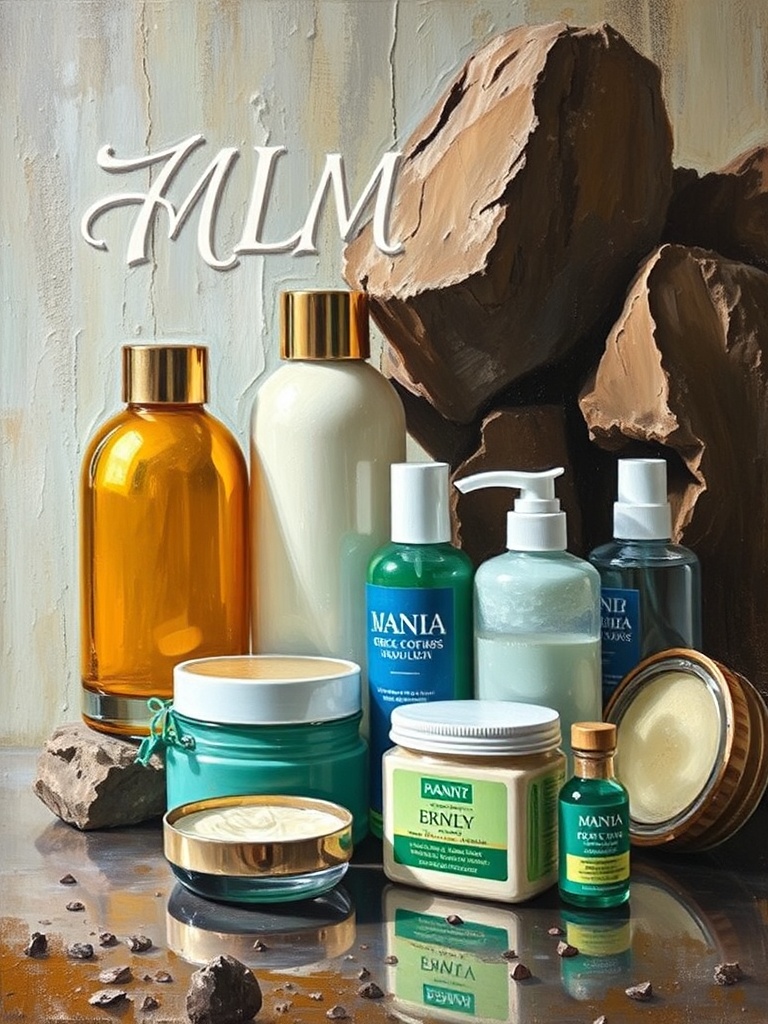MLM Products: How to Spot Quality, Protect Yourself, and Sell Ethically
Multi-level marketing (MLM) products span wellness supplements, skincare, household cleaners, essential oils, and increasingly, niche categories like CBD and smart home devices. With broad distribution through independent consultants and social selling channels, product quality and trust matter more than ever.
Whether you’re buying or building a business, here’s a practical guide to navigating MLM products with confidence.
What to look for as a buyer
– Ingredient transparency: Look for full ingredient lists on product labels and company websites. Avoid products that hide key ingredients behind vague terms like “proprietary blend.”
– Third-party testing: Reputable companies publish third-party lab results for potency, purity, and contaminant-free claims—especially for supplements, CBD, and topical formulations.
– Clear claims and marketing: Be cautious of products promoted with exaggerated health cures or disease-related claims. Legitimate products focus on support and benefits rather than promises of guaranteed medical outcomes.
– Return and refund policy: A straightforward satisfaction guarantee or buy-back policy reduces risk. Check how long returns are accepted and whether there are restocking fees.
– Reviews and independent feedback: Seek out unbiased reviews from multiple sources, not only consultant-led social pages. Watch for consistent comments about effectiveness, side effects, and customer service.
– Pricing and value: Compare per-unit pricing with similar retail products. High prices are sometimes justified by quality or exclusivity, but transparency about why something costs more is important.
What to consider as a seller or consultant
– Compliance with advertising rules: Avoid making medical claims. Use approved product language and company-provided materials when required. Understand local consumer protection rules and platform advertising policies.
– Focus on product education: Teach customers how to use products safely and realistically. Share ingredient benefits, recommended use, and expected timelines for results.
– Offer samples and demonstrations: Low-cost samples or trial packs can reduce buyer hesitation and drive conversions without aggressive pressure tactics.
– Leverage authentic social proof: Encourage real customer testimonials with permission.
Before-and-after photos, user videos, and independent reviews build trust faster than slick marketing copy alone.
– Manage subscription churn: If the business model leans on recurring orders, provide clear cancellation instructions and make it easy for customers to pause or modify deliveries.
– Prioritize sustainability and transparency: Eco-friendly packaging, cruelty-free certifications, and transparent sourcing resonate with modern shoppers and can be a differentiator.
Red flags to watch for
– Pressure to recruit: If the product pitch emphasizes recruitment bonuses over the product’s value, exercise caution.
– Inventory loading: Beware companies or uplines that pressure new recruits to buy excessive inventory.
– Lack of documentation: No ingredient list, no lab results, or vague return policies are warning signs.
Quick checklist before buying an MLM product
– Is there a full ingredient list and usage instructions?
– Are third-party test results or certifications available?
– Are health claims supported and responsibly worded?

– Is pricing comparable with similar retail items?
– Is there a clear refund or satisfaction policy?
Consumers and sellers both benefit when product quality, transparency, and ethical selling practices are prioritized. By evaluating ingredients, verifying claims, and insisting on clear policies, buyers find products that truly deliver value, and sellers build sustainable reputations that support long-term growth.